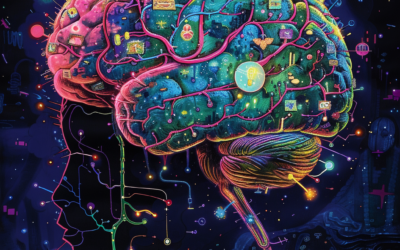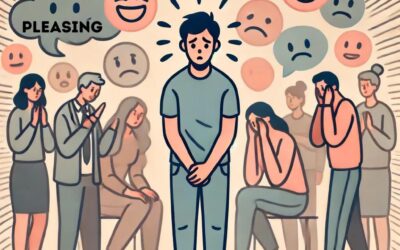 Language is constantly evolving, reflecting the dynamic nature of society itself. Words that once held specific, potent meanings can transform over time, leading to broader interpretations that may dilute their original significance. Two prime examples of this phenomenon are the terms “woke” and “gaslighting.”
Language is constantly evolving, reflecting the dynamic nature of society itself. Words that once held specific, potent meanings can transform over time, leading to broader interpretations that may dilute their original significance. Two prime examples of this phenomenon are the terms “woke” and “gaslighting.”
Originally, “woke” was deeply rooted in African American Vernacular English (AAVE), signifying a heightened awareness of racial injustices and a call to stay vigilant against systemic oppression. It was a term of empowerment, urging individuals to recognize and address social inequities. However, as “woke” entered mainstream discourse, its meaning began to shift. It broadened to encompass various forms of social liberalism, often used pejoratively to describe any progressive stance. This dilution has led to misunderstandings and trivialization of the term’s original intent, making it harder to focus on specific racial justice issues.
Similarly, “gaslighting” has undergone a significant transformation. The term originates from the 1938 play “Gas Light,” where a husband manipulates his wife into doubting her reality by altering elements of their environment and insisting she is mistaken. This term describes a specific and insidious form of psychological manipulation aimed at making the victim question their sanity. Over time, “gaslighting” has come to be used more broadly to describe any form of deceit or lying, which undermines its power to specifically address this harmful behavior.
The implications of these linguistic shifts are profound. When terms like “woke” and “gaslighting” lose their precise meanings, it becomes challenging to communicate and address the specific issues they were meant to highlight. This can hinder social justice efforts and make it more difficult for individuals experiencing these issues to articulate their experiences and seek help.
Media professionals, educators, and social influencers play a critical role in preserving the integrity of these terms. By consistently using these words in their correct context and educating the public about their original meanings, they can help maintain their significance. Educational initiatives and public awareness campaigns are also essential in promoting accurate usage and understanding.
Language is a reflection of cultural and societal changes, influenced by historical events, technological advancements, and social movements. While evolution is a natural part of language, balancing this change with the need for clarity and precision is crucial, especially for terms central to social justice and psychological health.
Preserving the true meanings of terms like “woke” and “gaslighting” is essential for effective communication in social justice and psychological contexts. By promoting accurate usage and educating the public, we can ensure that these terms continue to serve their intended purposes and support meaningful, impactful discussions.



